Top Lithium-Ion Battery Manufacturers in India 2023: A Comprehensive Guide
Looking for the best lithium-ion
battery manufacturers in India in 2023? Look no further than this comprehensive
guide featuring the top manufacturers, their products, and more!
Introduction:
As the demand for renewable energy
and electric vehicles continues to rise, so does the need for high-quality
lithium-ion batteries. Lithium-ion batteries are rechargeable, durable, and
offer high energy density, making them ideal for a range of applications,
including electric vehicles, solar energy storage, and more. In India, the
lithium-ion battery market is expected to grow rapidly over the next few years,
and several companies are positioning themselves to take advantage of this
growth. In this article, we'll take a look at the top lithium-ion battery
manufacturers in India in 2023.
·
Top Lithium-Ion Battery Manufacturers in India
2023: An Overview
·
Top Lithium-Ion Battery Manufacturers in India
2023: Factors to Consider
·
Top Lithium-Ion Battery Manufacturers in India
2023: Product Comparison
·
Top Lithium-Ion Battery Manufacturers in India
2023: FAQs
Top Lithium-Ion Battery
Manufacturers in India 2023: An Overview
India is quickly becoming a key player in the global
lithium-ion battery market, with demand for these batteries growing rapidly due
to the increasing popularity of electric vehicles, renewable energy, and other
applications. As a result, several major players in the lithium-ion battery
industry have set up manufacturing facilities in India, while local
manufacturers are also stepping up to meet demand.
Introduction to the Lithium-Ion Battery Market in India
The lithium-ion battery market in India is expected to grow
at a CAGR of over 22% from 2021 to 2026, driven by increasing demand for
electric vehicles, renewable energy storage, and other applications. The Indian
government has also been promoting the adoption of electric vehicles and
renewable energy, providing incentives and subsidies for manufacturers and
consumers.
Factors Driving the Growth of the Lithium-Ion Battery Market in India
There are several key factors driving the growth of the
lithium-ion battery market in India. These include:
·
Increasing demand for electric vehicles: With India aiming to become a 100%
electric vehicle nation by 2030, the demand for lithium-ion batteries for
electric vehicles is expected to grow rapidly.
·
Government support: The Indian government has announced several initiatives to promote the
adoption of electric vehicles and renewable energy, including tax incentives,
subsidies, and research grants.
·
Growing demand for renewable energy storage: As more households and businesses in
India adopt solar energy, there is a growing need for lithium-ion batteries to
store excess energy and ensure an uninterrupted power supply.
·
Increasing consumer awareness and acceptance: Consumers in India are becoming more
aware of the benefits of lithium-ion batteries, such as longer lifespan, faster
charging, and lower maintenance costs.
Key Players in the Lithium-Ion Battery Market in India
There are several major players in the lithium-ion battery
market in India, including:
·
Exide Industries Limited: Exide Industries Limited is one of the leading battery
manufacturers in India with a production capacity of 35 million units per
annum. The company offers a wide range of batteries for various applications,
including electric vehicles, two-wheelers, and three-wheelers. Exide has been
in the battery industry for more than a century and has a strong reputation for
quality and reliability.
·
Amara Raja Batteries Limited: Amara Raja Batteries Limited is another major player in the
Indian battery market, with a production capacity of 20 million units per
annum. The company has a wide range of batteries for both automotive and
industrial applications. Amara Raja is also a supplier of batteries for various
electric vehicle models in India.
·
Luminous Power Technologies: Luminous Power Technologies is a leading manufacturer of
power backup and energy storage solutions in India. The company has a
production capacity of 7 million batteries per annum and offers a range of
lithium-ion batteries for electric vehicles, solar energy storage, and other
applications.
·
Okaya Power Private Limited: Okaya Power Private Limited is a relatively new player in
the Indian battery market, but the company has quickly gained market share with
its high-quality products. Okaya has a production capacity of 5 million
batteries per annum and offers a range of lithium-ion batteries for electric
vehicles, solar energy storage, and other applications.
·
Livguard Energy Technologies Private Limited: Livguard Energy Technologies Private
Limited is a fast-growing battery manufacturer in India, with a production
capacity of 4.5 million units per annum. The company offers a range of
batteries for both automotive and industrial applications, including
lithium-ion batteries for electric vehicles.
These five companies are leading the way in the Indian
lithium-ion battery market, with strong production capacities and a focus on
innovation and quality. As the demand for electric vehicles and renewable
energy storage continues to grow, these companies are well-positioned to meet
the needs of consumers and businesses.
Top Lithium-Ion Battery Manufacturers in India 2023: Factors to Consider
As the demand for lithium-ion batteries in India continues to
grow, consumers and businesses looking for the best products and services must
consider several factors before choosing a manufacturer. Here are some of the
key factors to consider when evaluating the top lithium-ion battery
manufacturers in India in 2023:
·
Quality of Products: One of the most important factors to consider when choosing a
lithium-ion battery manufacturer is the quality of their products. Look for
manufacturers that use high-quality materials, follow rigorous production
standards, and have a track record of producing reliable and durable batteries.
You can check product specifications and certifications to ensure the quality
of the products.
·
Production Capacity: Another crucial factor to consider is the production capacity of the
manufacturer. Look for companies that have the infrastructure, resources, and
capacity to meet your specific requirements, whether it is for a small- or
large-scale project. It is always better to go with a manufacturer that has a
proven track record of delivering products on time and meeting deadlines.
·
Pricing and Affordability: Cost is always an important consideration when choosing a
lithium-ion battery manufacturer. Look for companies that offer competitive
pricing without compromising on quality. It is also important to factor in any
additional costs such as shipping, taxes, and customs duties when comparing
prices from different manufacturers.
·
Customer Support and Service: Good customer support and service can make a significant
difference in the satisfaction and experience of using a product. Look for
manufacturers that offer prompt and reliable support for any issues or queries
you may have, and have a good reputation for customer service.
·
Reputation and Reviews: Finally, it is essential to consider the reputation and
reviews of the manufacturer before making a decision. Look for companies that
have a positive reputation in the industry and have received good reviews from
customers. You can also check online forums and discussion boards to get a
better idea of the experiences of other users.
Top Lithium-Ion Battery Manufacturers in India 2023: Product Comparison
When it comes to choosing the right lithium-ion battery for
your needs, it is important to compare products from different manufacturers to
find the best fit. Here are some of the key factors to consider when comparing
products from the top lithium-ion battery manufacturers in India in 2023:
·
Battery Type and Capacity: Different manufacturers offer different types and capacities
of lithium-ion batteries, ranging from small-capacity batteries for consumer
devices to large-capacity batteries for industrial and commercial applications.
Look for a manufacturer that offers the type and capacity of the battery that meets
your specific requirements.
·
Charge Time and Efficiency: The charge time and efficiency of a lithium-ion battery can
vary depending on the manufacturer and the specific product. Look for batteries
that offer fast charging times and high efficiency to minimize downtime and
maximize productivity.
·
Durability and Lifespan: The durability and lifespan of a lithium-ion battery are
important considerations, especially for industrial and commercial applications
where batteries are subjected to heavy use and wear. Look for batteries that
are built to withstand tough conditions and have a long lifespan to reduce the
need for frequent replacements.
·
Safety and Security Features: Lithium-ion batteries can pose a safety risk if they are not
manufactured with appropriate safety and security features. Look for batteries
that have built-in protections against overcharging, overheating, and short
circuits, as well as features such as battery management systems that monitor
and regulate the battery's performance.
·
Additional Features and Customization Options: Some lithium-ion battery
manufacturers offer additional features and customization options that can
enhance the performance and functionality of the battery. Look for
manufacturers that offer features such as wireless charging, compatibility with
different devices, and the ability to customize the battery's shape and size to
meet specific requirements.
Top Lithium-Ion Battery Manufacturers in India 2023: Product Comparison
Battery Type and Capacity:
Lithium-ion batteries come in various types and capacities,
each with its own unique characteristics and applications. Here are some of the
most common types of lithium-ion batteries:
·
Lithium Cobalt Oxide (LCO): LCO batteries have high energy density and are relatively
low cost, making them a popular choice for consumer electronics such as laptops
and smartphones. However, they have a shorter lifespan compared to other
lithium-ion battery types.
·
Lithium Iron Phosphate (LFP): LFP batteries have a longer lifespan and are more stable
than other lithium-ion battery types. They are commonly used in applications
such as electric vehicles and renewable energy storage. However, they have a
lower energy density, meaning they may be larger and heavier than other lithium-ion
batteries.
·
Lithium Manganese Oxide (LMO): LMO batteries have a high energy density and good thermal
stability, making them suitable for use in power tools and electric bicycles.
However, they have a lower voltage compared to other lithium-ion battery types.
·
Lithium Nickel Cobalt Aluminum Oxide (NCA): NCA batteries have a high energy
density and long lifespan, making them ideal for use in electric vehicles and
other high-demand applications. However, they are also expensive compared to
other lithium-ion battery types.
When choosing a lithium-ion battery type and capacity,
consider your specific application requirements, including energy density,
lifespan, and cost. A reputable lithium-ion battery manufacturer can help guide
you in selecting the right battery for your needs.
Charge Time and Efficiency:
The charge time and efficiency of a lithium-ion battery
depend on several factors, including the battery type, capacity, and charging
method. Here are some common charging times and methods for lithium-ion
batteries:
·
Fast Charging:
Fast charging is a popular option for lithium-ion batteries used in electric
vehicles and other high-demand applications. Fast charging can provide an 80%
charge in 30 minutes or less, depending on the battery and charging equipment.
However, fast charging can also cause the battery to heat up, which can reduce
its lifespan.
·
Standard Charging: Standard charging is the most common charging method for lithium-ion
batteries used in consumer electronics and other low-demand applications.
Standard charging typically provides a 100% charge in 1-3 hours, depending on
the battery and charging equipment. Standard charging is a more gentle charging
method and can help extend the lifespan of the battery.
When choosing a lithium-ion battery, consider your charging
needs and the charging options available for your application. A reputable
lithium-ion battery manufacturer can help you select the best charging method
and equipment for your needs.
Durability and Lifespan:
Durability and lifespan are important considerations when
choosing a lithium-ion battery. Here are some factors that can affect the
durability and lifespan of a lithium-ion battery:
·
Expected lifespan: Lithium-ion batteries typically have an expected lifespan of 5-10 years,
depending on usage and maintenance. Factors that can affect battery lifespan
include the number of charge cycles, the temperature and humidity of the
operating environment, and the storage conditions.
·
Ability to withstand harsh conditions: Lithium-ion batteries should be able to withstand
high temperatures, humidity, and vibration without compromising their
performance or safety. Battery manufacturers may use different materials and
construction methods to improve the durability of their batteries.
When selecting a lithium-ion battery, consider the operating
conditions of your application and choose a battery that is designed to
withstand those conditions. A reputable lithium-ion battery manufacturer can
provide information on the expected lifespan and durability of their batteries
and can help you choose the best battery for your needs.
Safety and Security Features:
Safety and security are critical considerations when
selecting a lithium-ion battery. Here are some safety and security features to
look for when choosing a lithium-ion battery manufacturer:
·
Overcharge and discharge protection: Lithium-ion batteries can be damaged or even explode
if they are overcharged or discharged beyond their safe limits. A reputable
manufacturer will include protection circuits that prevent overcharging and
over-discharging.
·
Short circuit protection: short circuits can also cause lithium-ion batteries to
overheat and explode. Look for batteries that include protection circuits that
can detect and prevent short circuits.
·
Temperature control and monitoring: Lithium-ion batteries are sensitive to temperature,
and high temperatures can cause them to degrade or even catch fire. A good
battery manufacturer will include temperature sensors and control circuits to
keep the battery within safe temperature limits.
·
Cell balancing and management: Lithium-ion batteries are made up of multiple cells that
need to be balanced to ensure they operate safely and efficiently. Look for
batteries that include cell balancing and management circuits to ensure that
each cell is operating within safe limits.
By choosing a lithium-ion battery manufacturer that includes
these safety and security features, you can be sure that you are getting a
high-quality, reliable battery that will perform well and stay safe over its
expected lifespan.
Additional Features and Customization Options:
In addition to the essential features discussed earlier, many
lithium-ion battery manufacturers offer additional features and customization
options. Here are some of the most common ones:
·
Size and shape customization: Depending on your application, you may need a battery that
is a specific size or shape. Many battery manufacturers can customize the size
and shape of their batteries to fit your needs.
·
BMS integration: A battery management system (BMS) is essential for ensuring the safe and
efficient operation of a lithium-ion battery. Some manufacturers offer BMS
integration, so you can be sure that the battery and BMS are designed to work
together seamlessly.
·
Communication protocols: If you need your battery to communicate with other devices
in your system, you may need a battery that supports specific communication
protocols such as CAN, RS232, or MODBUS. Look for manufacturers that offer
batteries with the communication protocols you need.
·
Smart battery features: Smart battery features such as state of charge (SOC) and
state of health (SOH) monitoring can provide valuable information about the
battery's performance and help you plan for maintenance and replacement. Some
manufacturers offer batteries with built-in smart features or can customize a
battery to include the features you need.
By choosing a lithium-ion battery manufacturer that offers
customization options and additional features, you can get a battery that is
perfectly tailored to your specific needs and requirements.
Top Lithium-Ion Battery Manufacturers in India 2023: FAQs
Q: What are the advantages of
lithium-ion batteries?
A: Lithium-ion batteries offer
several advantages over traditional battery types, including high energy
density, low self-discharge rate, and long lifespan. They are also more
environmentally friendly than other battery types and can be easily recharged.
Q: What are the different types of
lithium-ion batteries?
A: The most common types of
lithium-ion batteries include cylindrical, prismatic, and pouch batteries. Each
type has its own advantages and disadvantages, and the best type for your
application will depend on factors such as capacity, size, and shape.
Q: How do I choose the right
lithium-ion battery for my application?
A: To choose the right lithium-ion
battery for your application, consider factors such as battery type and
capacity, charge time and efficiency, durability and lifespan, safety and
security features, and additional features and customization options. Look for
a battery that meets your specific requirements and is manufactured by a
reputable manufacturer.
Q: What should I look for when
choosing a lithium-ion battery manufacturer?
A: When choosing a lithium-ion
battery manufacturer, look for a company that has a proven track record of
producing high-quality, reliable batteries. Consider factors such as the manufacturer's
experience, reputation, customer support and service, and pricing and
affordability.
Q: How can I ensure the safety and
reliability of my lithium-ion battery?
A: To ensure the safety and
reliability of your lithium-ion battery, follow manufacturer instructions for
use and charging, and avoid exposing the battery to extreme temperatures or
physical damage. Look for batteries that have built-in safety features such as
overcharge and overheat protection, and consider using a battery management
system to monitor and regulate the battery's performance.
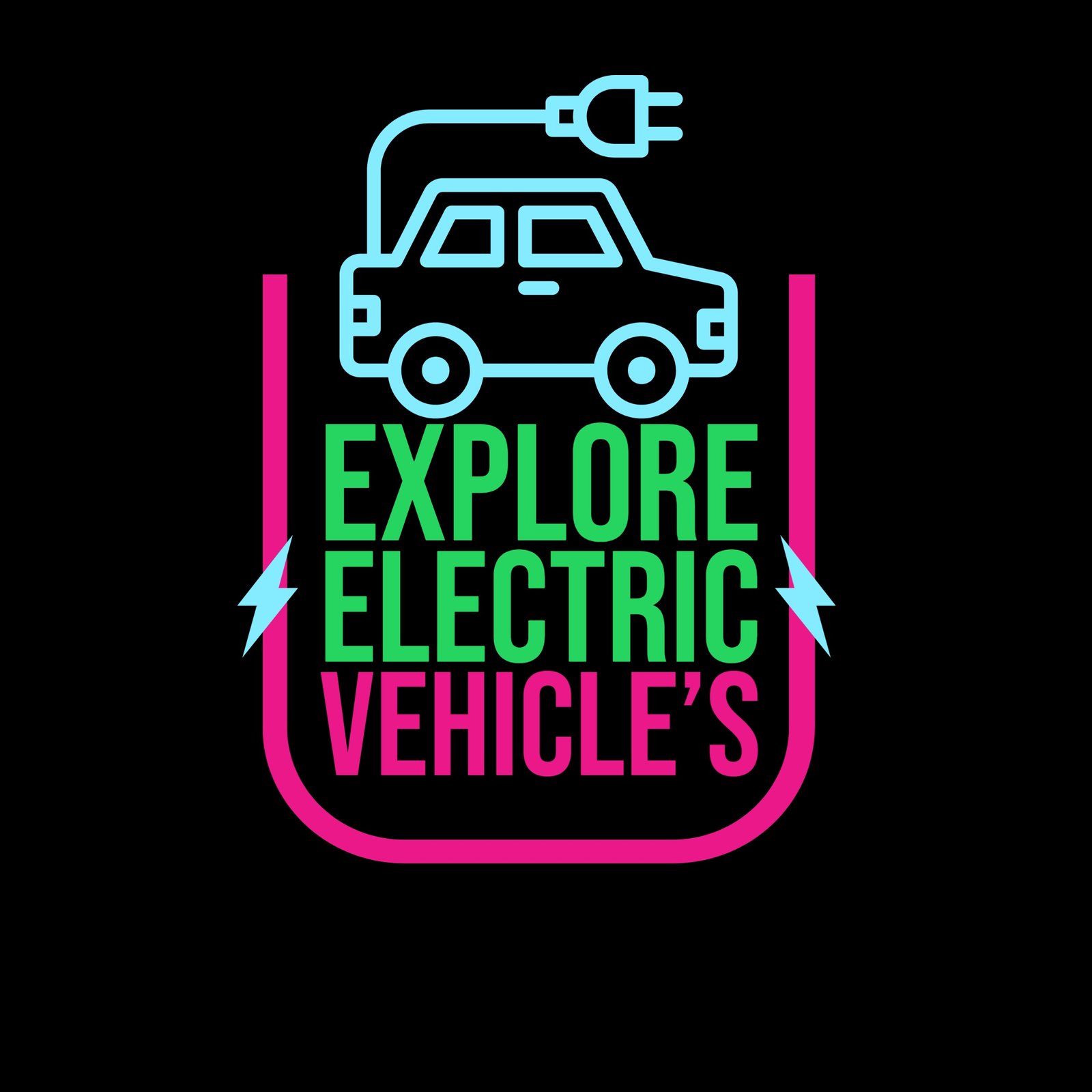
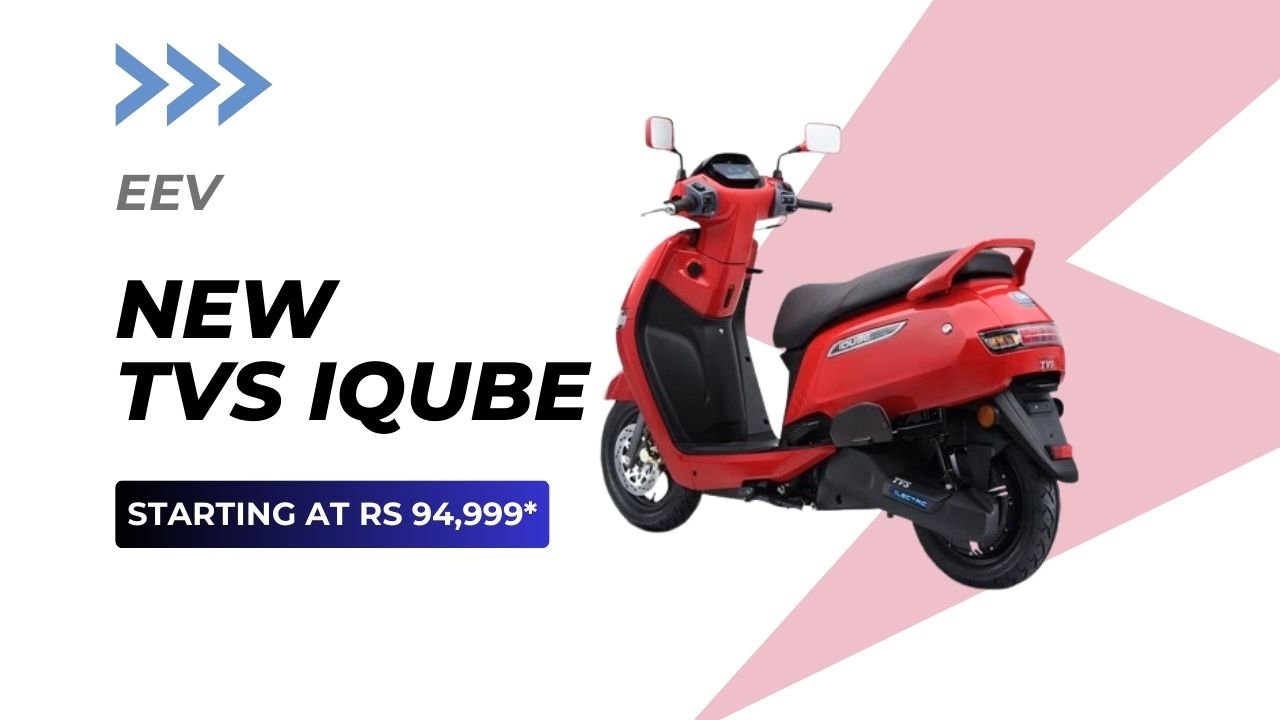
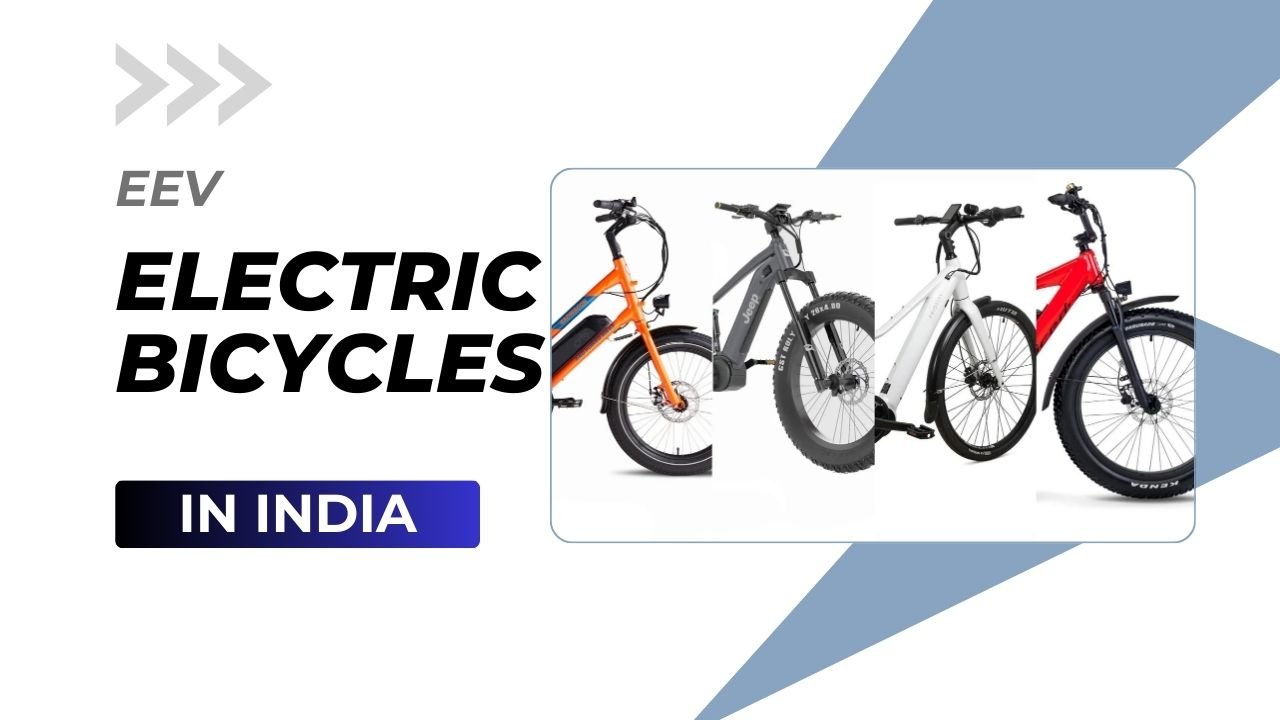
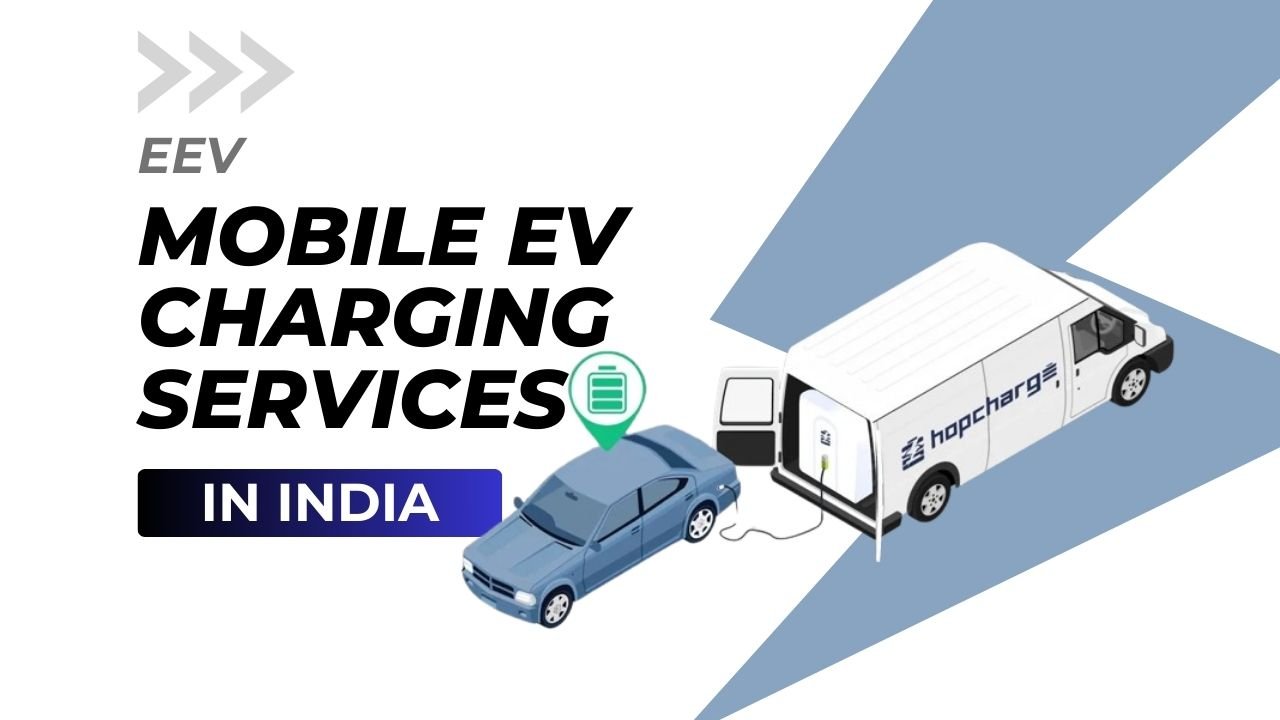
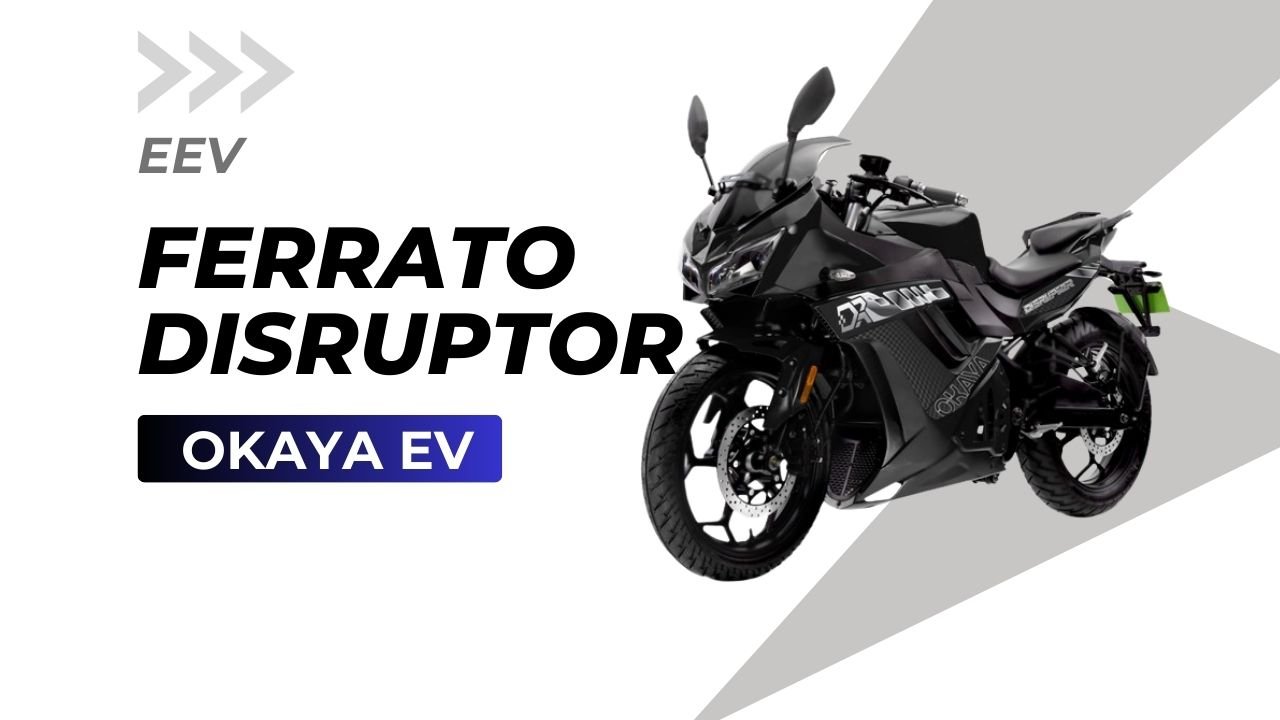

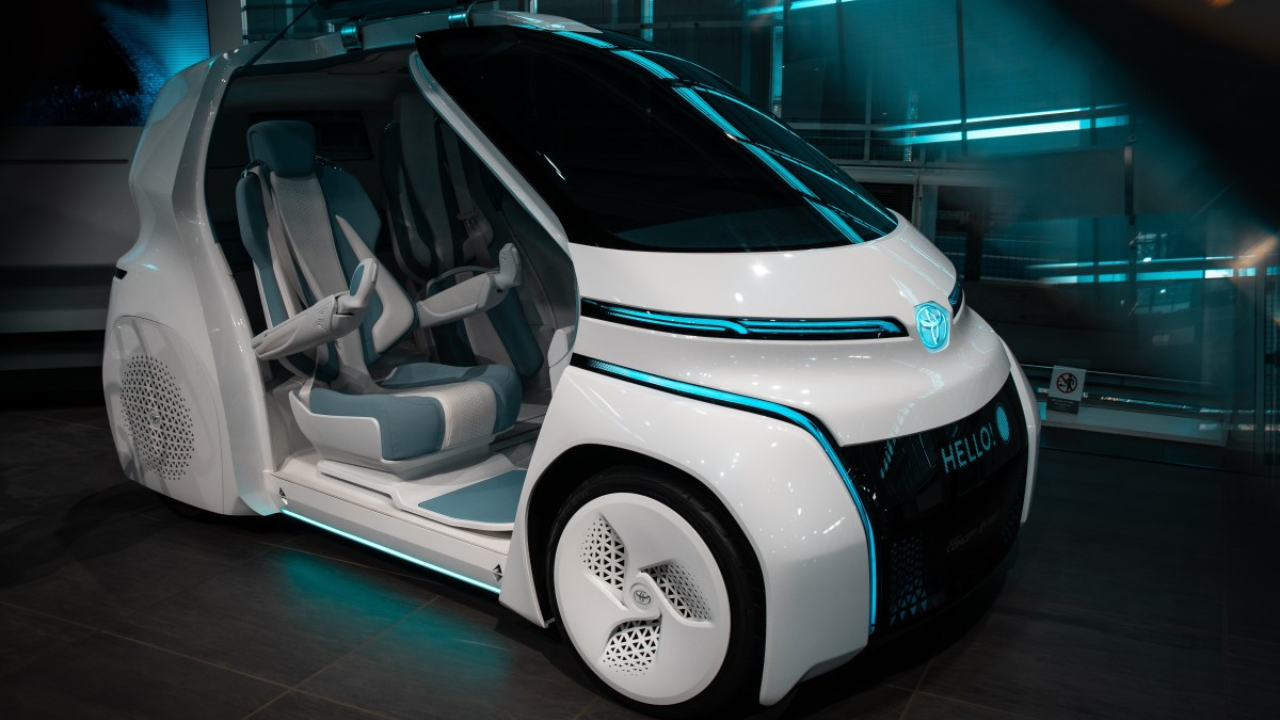
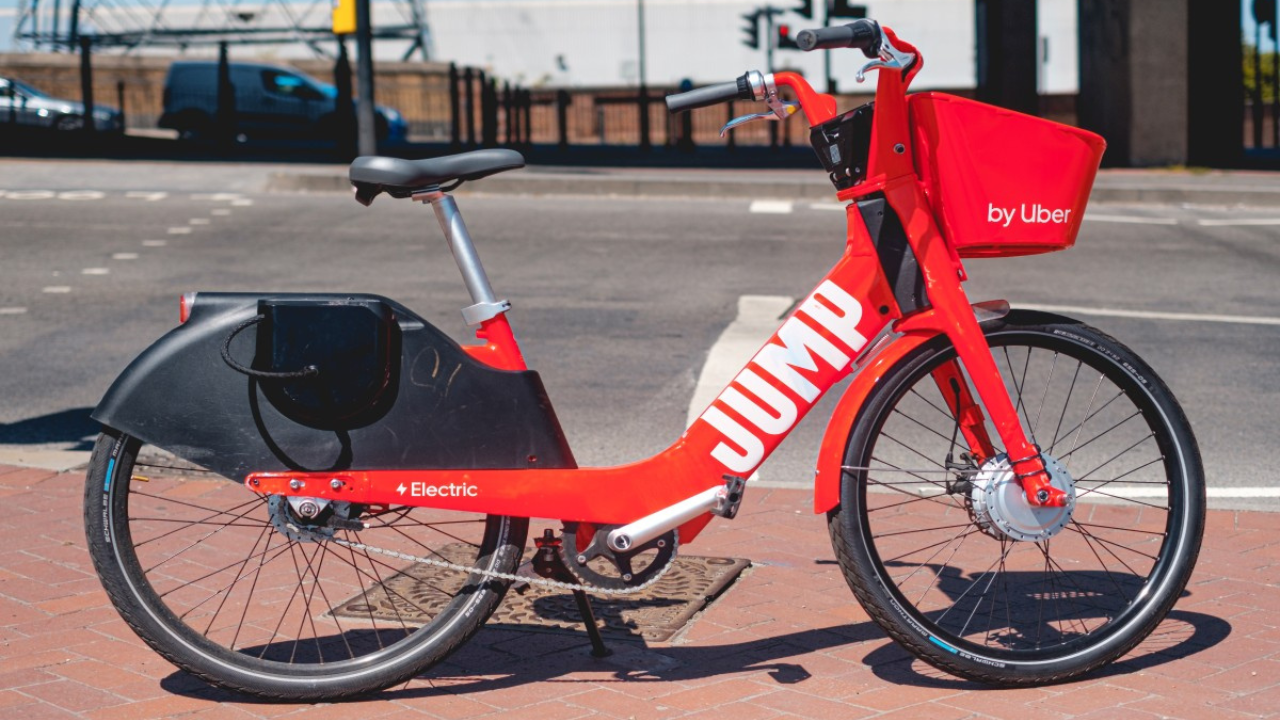
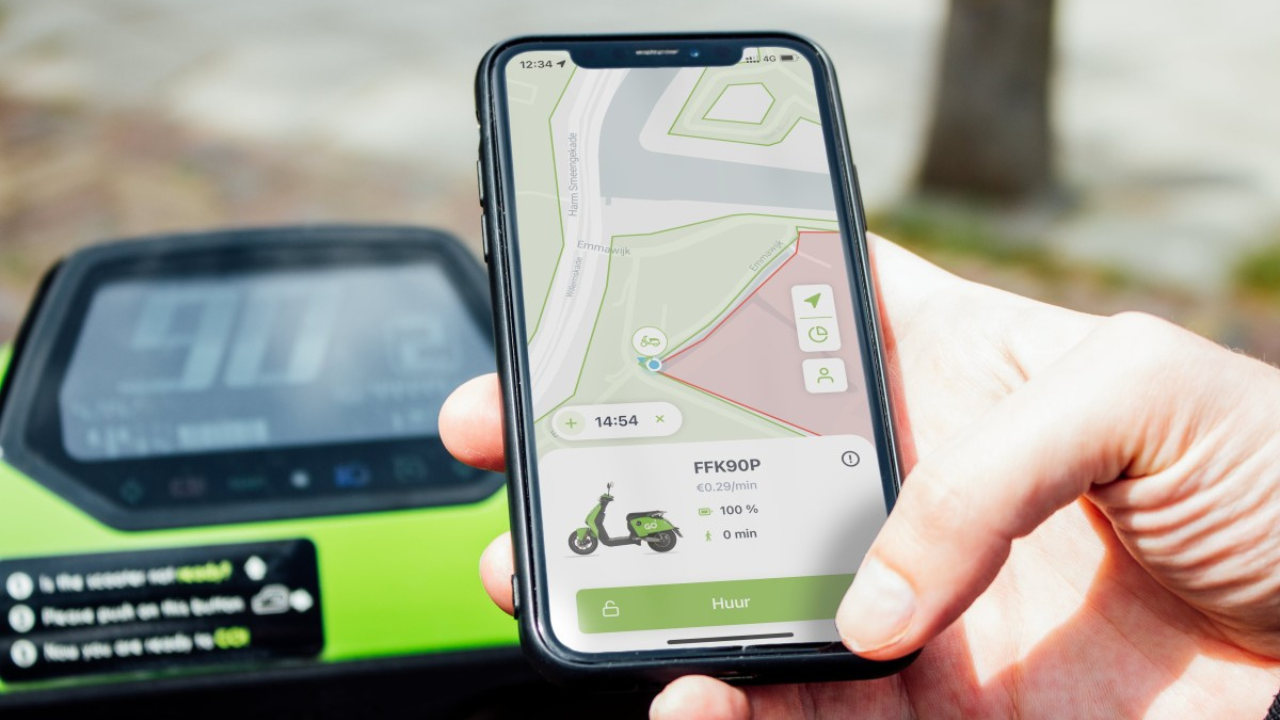
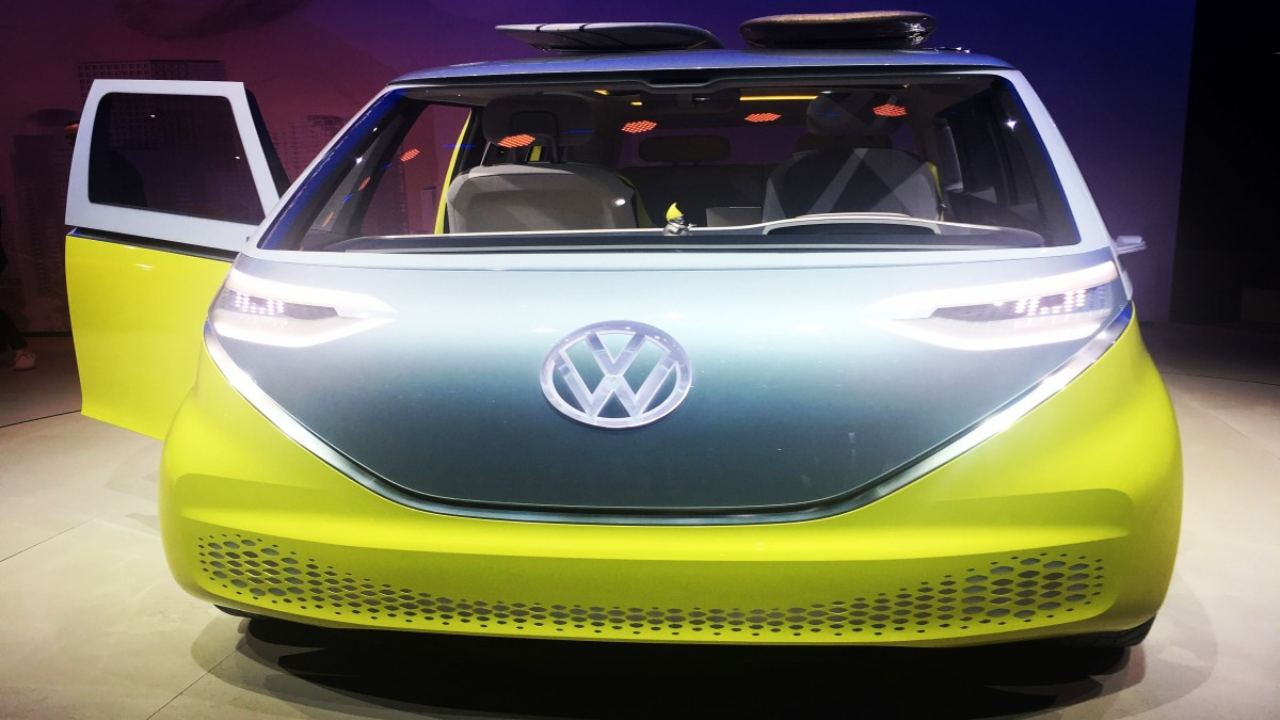
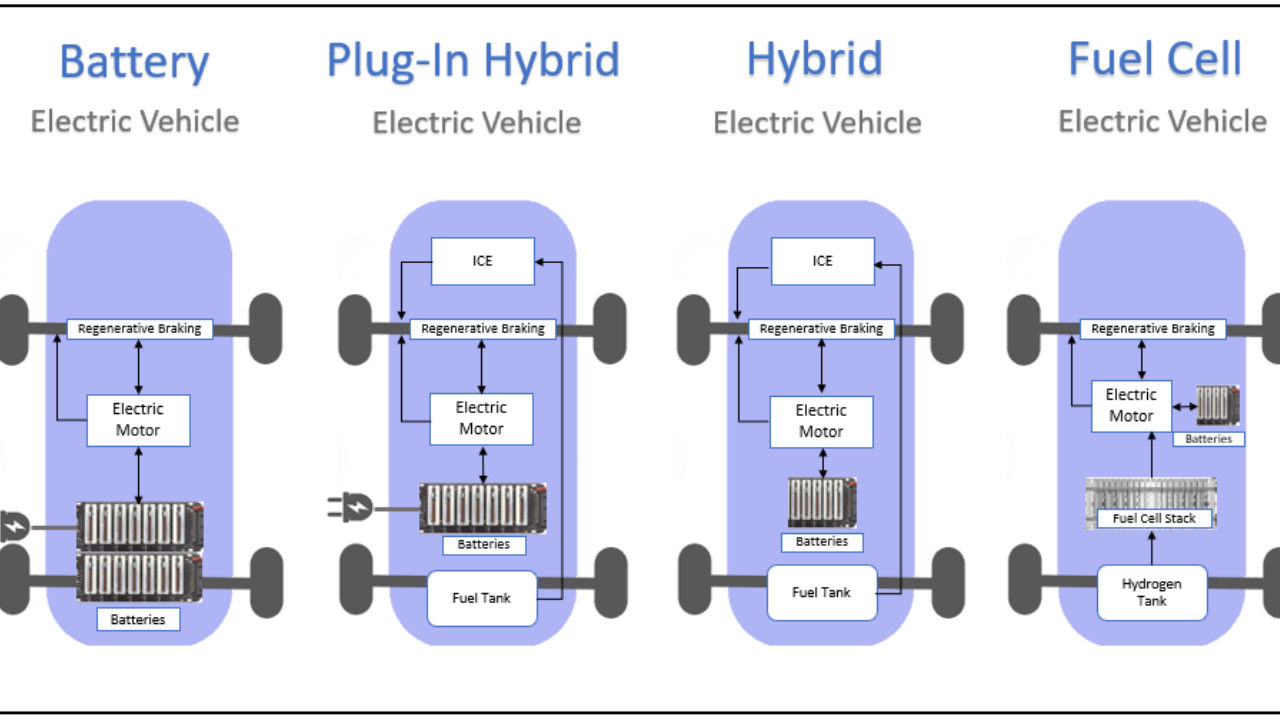
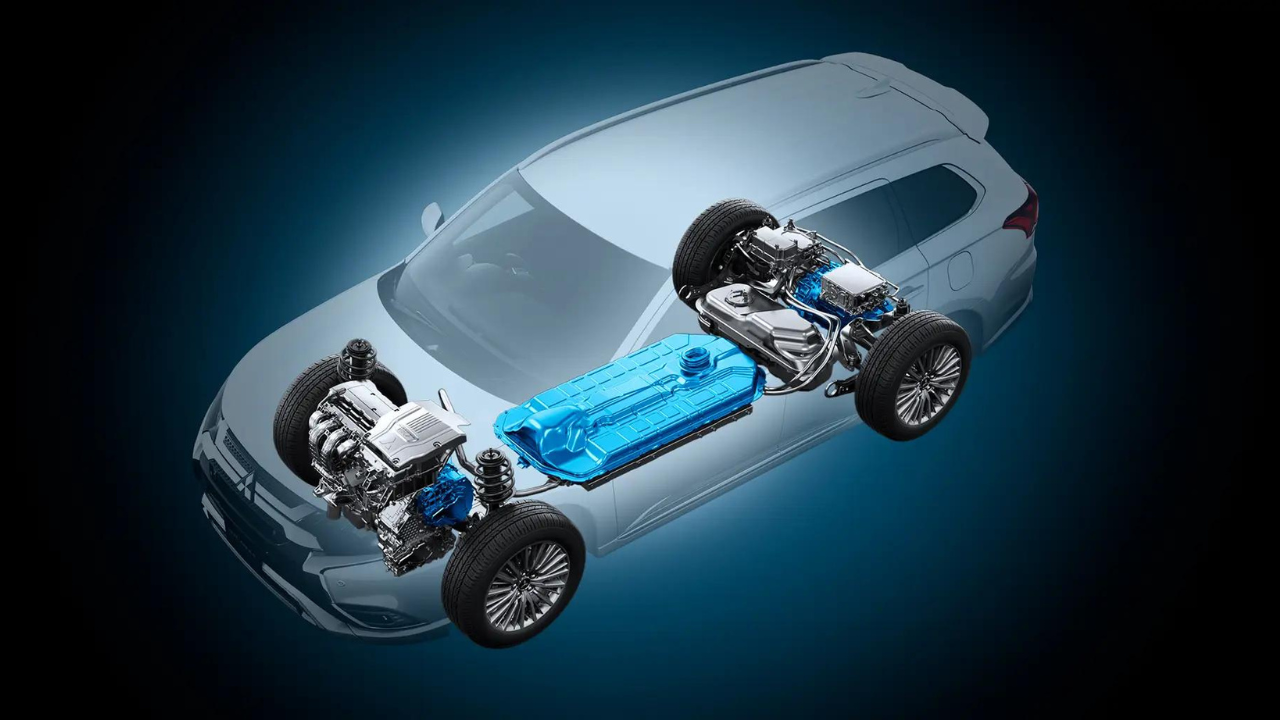
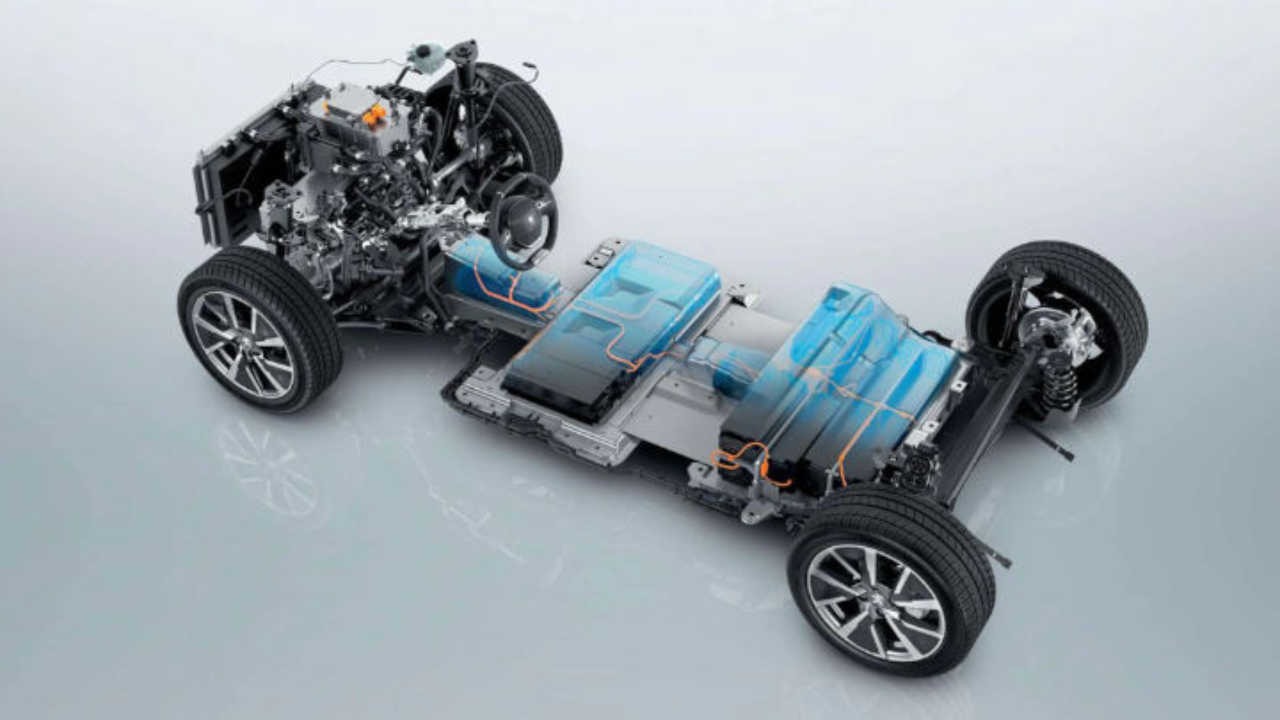
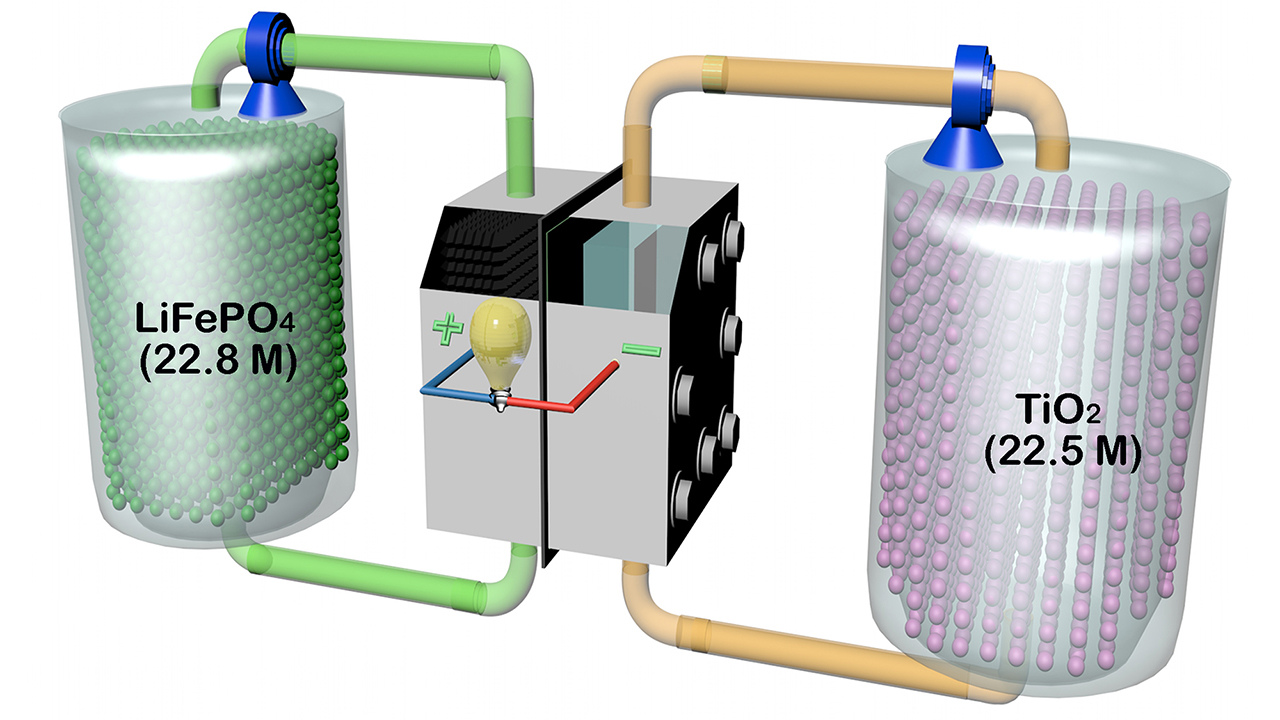
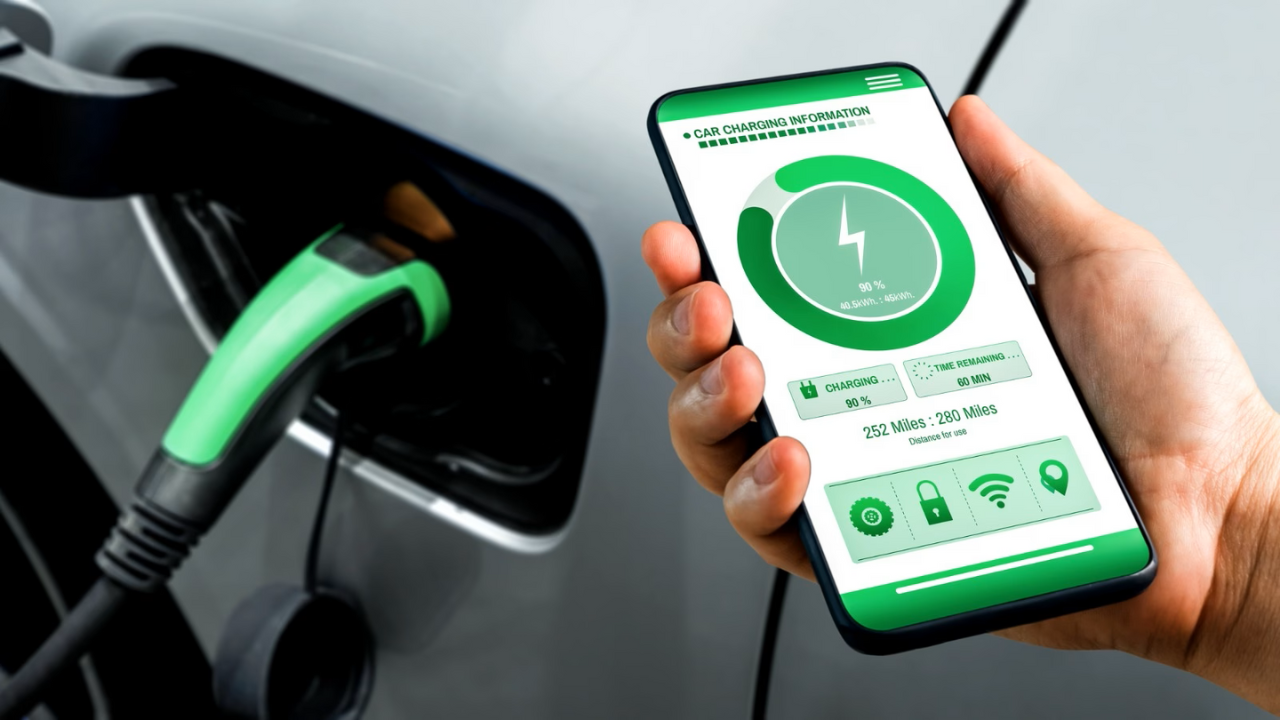
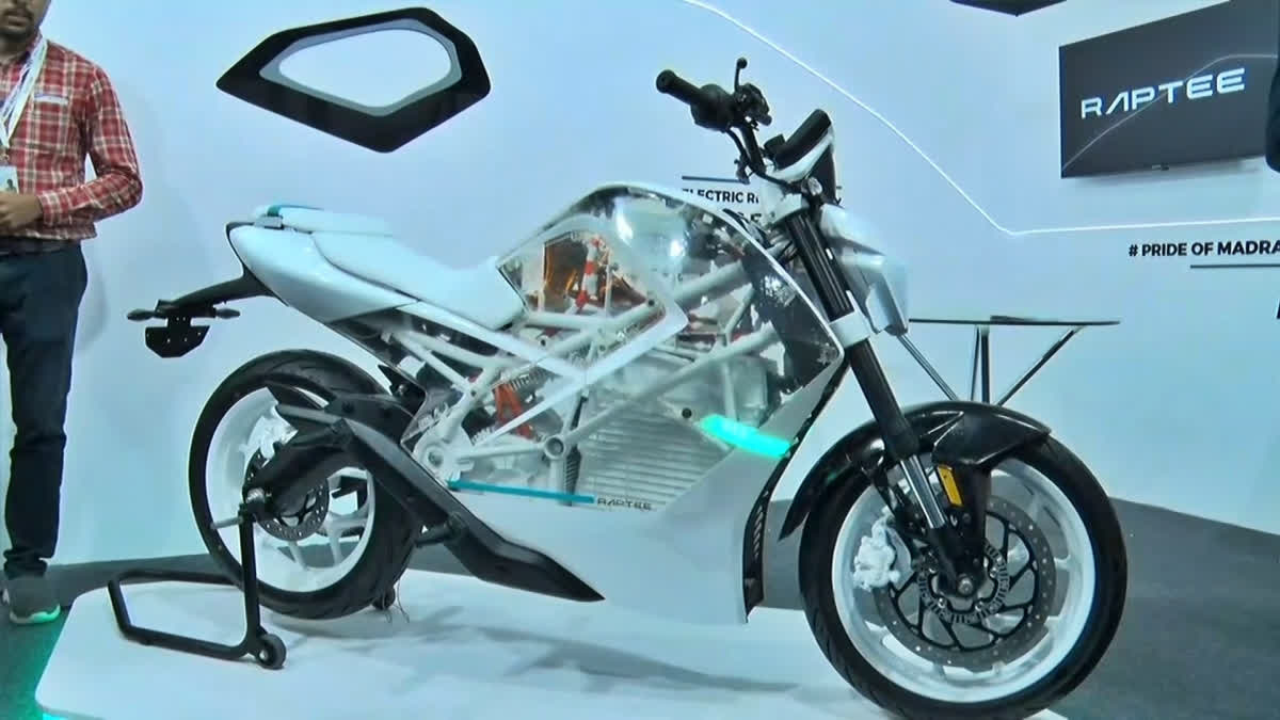
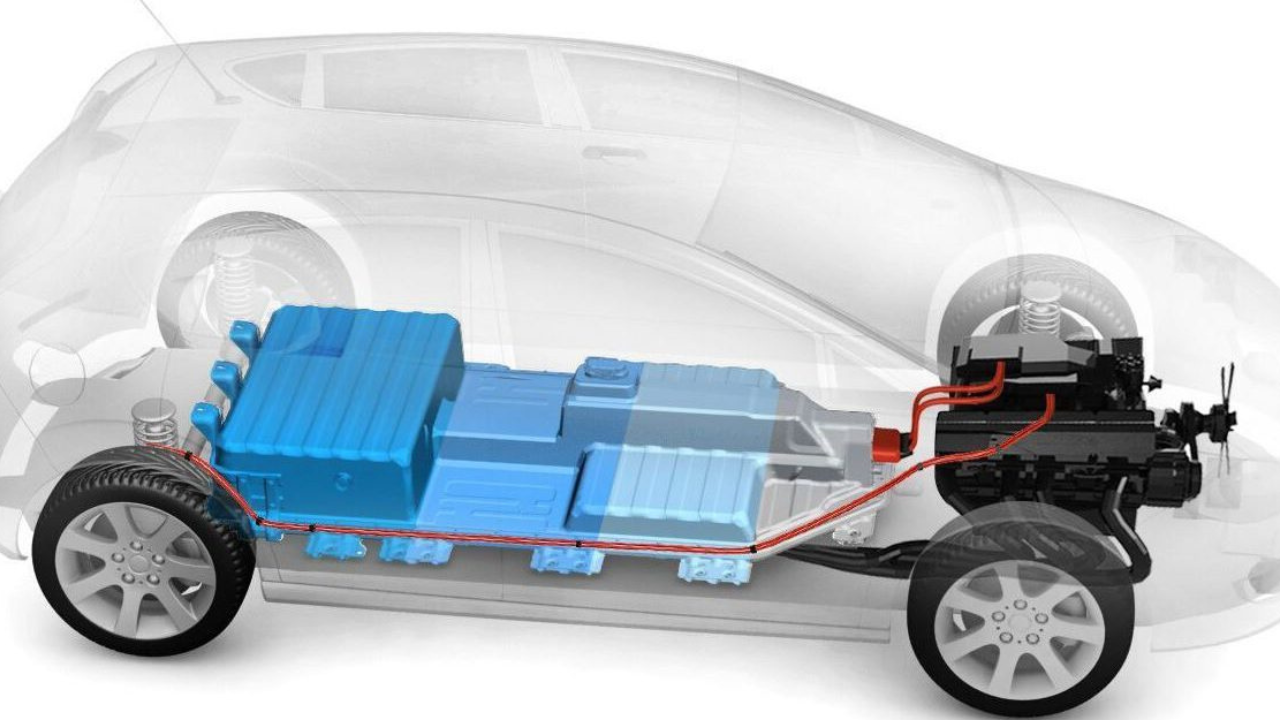
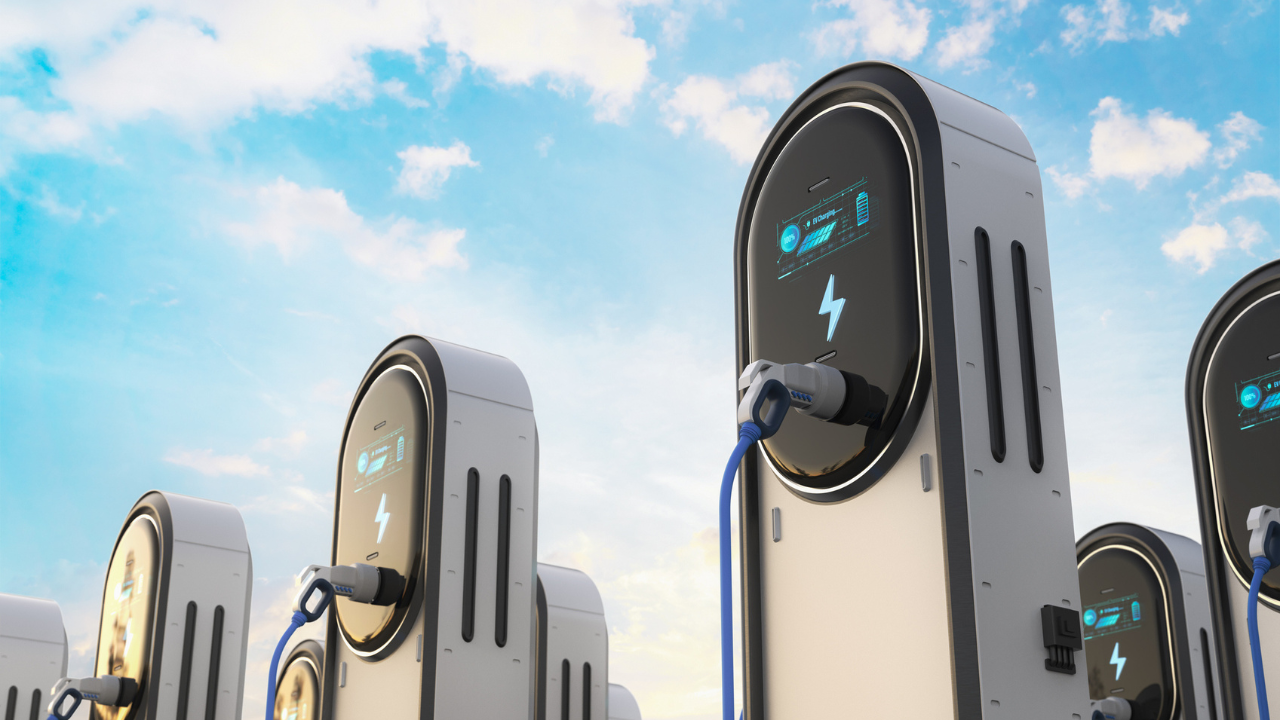
Leave a Comment